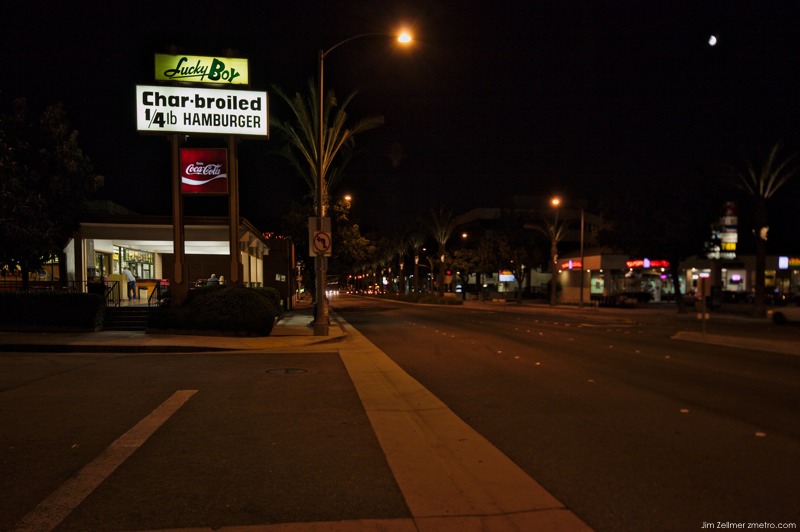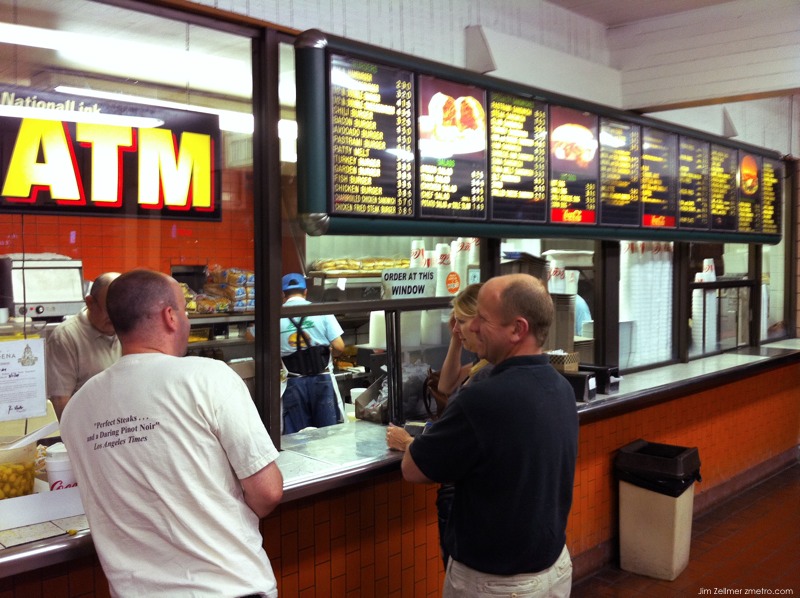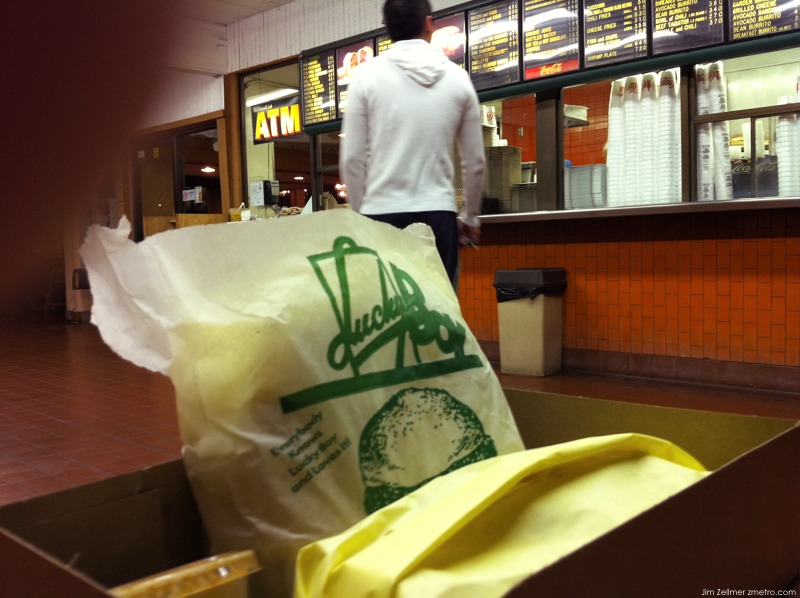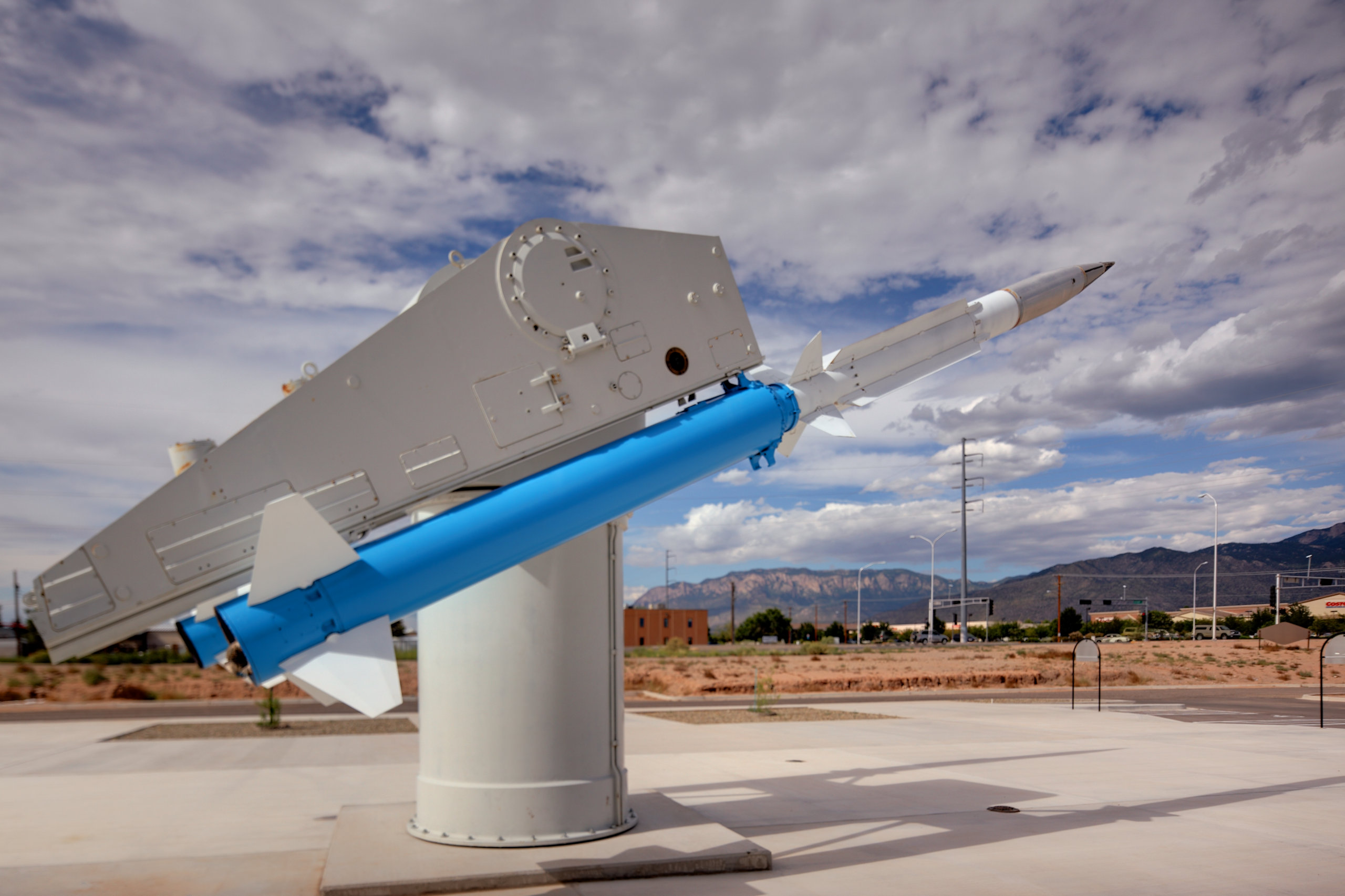
Air travel is no picnic, though it is possible to see humanity every now and then.
What Did We Do Pre-iPhone?
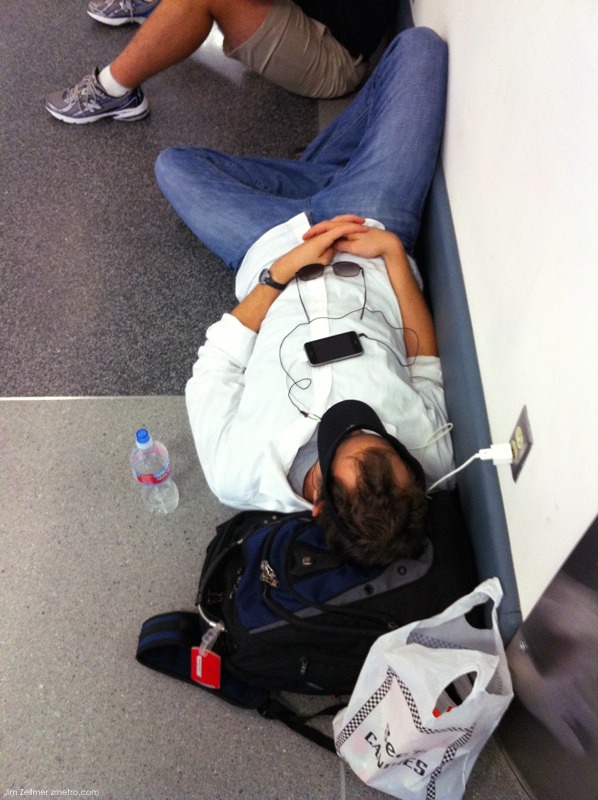

Mahi Mahi Tacos

Fabulous, inexpensive and a great salad.
Lucky Boy Burgers: A Step Back in Time….
Cold War History
Changing Times, From this…..
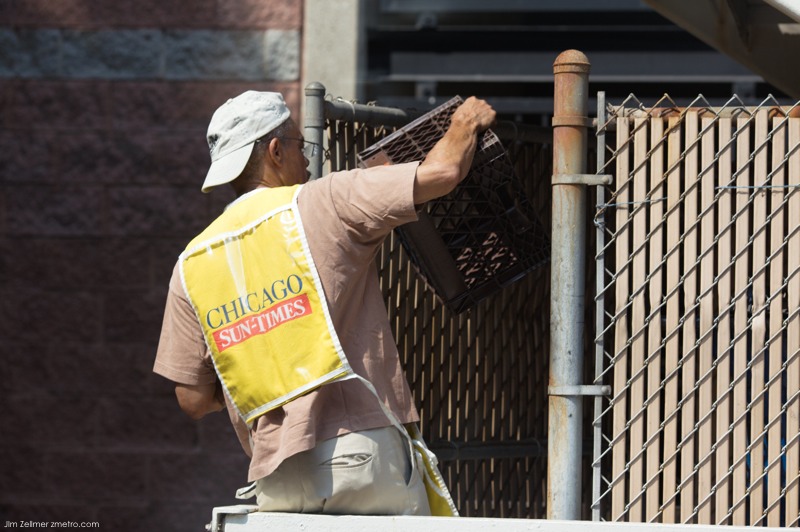
to this….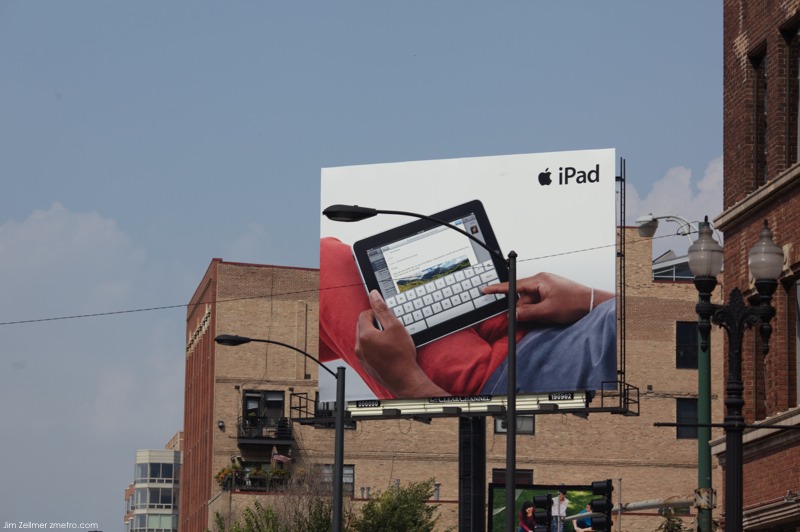
Red Rocks

God’s Glory: A Retreating Storm Mountain Sunset
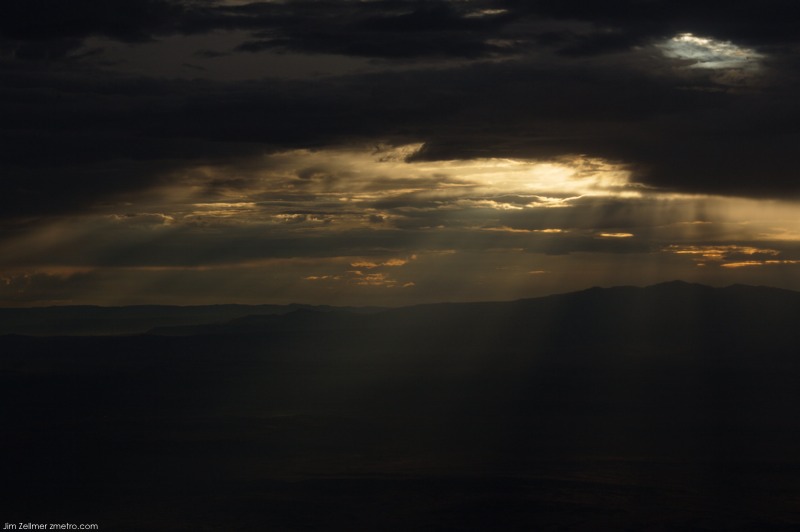
Airplane at 30! The ride of their livesIs Airplane! the funniest film ever? John Patterson talks to the three nobodies from Milwaukee whose movie sparked a comedy
When David Zucker was a schoolkid in Milwaukee in the 1960s, one of his teachers made a prediction. “She said to me once, when I was fooling around in class, ‘Zucker, I know one day I’ll be paying good money to see you make me laugh, but right now, get your ass back in that chair and crack that book!'”
She was right. This badly behaved schoolkid would go on to reinvent US screen comedy with a movie called Airplane!, which he co-directed and co-wrote. Today, speaking in Manhattan, David is feeling a little rough. He was out the night before, it turns out, celebrating the film’s 30th anniversary with the movie’s co-creators, his younger brother Jerry and their lifelong friend Jim Abrahams. “I just couldn’t get out of bed this morning,” he says.
Well may they celebrate. Airplane! made $83m on its first release in 1980 (on an outlay of a mere $3.5m), and launched an entire comedy franchise, from the Police Squad TV shows to the Naked Gun movies they grew into – reconfiguring, in the process, one-time 1950s romantic lead Leslie Nielsen into a comic hero. Somewhere along the way, Zucker, Abrahams and Zucker (ZAZ for short) also inspired Saturday Night Live, launched another comedy titan of the 1980s, John Landis, and even gave the Farrelly brothers their big writing break.
Gourmet Food Trucks in Los Angeles
Meetings of the five-member Transportation Committee of the Los Angeles City Council tend to be rather quiet affairs. But earlier this month, 150 people crammed into Room 1010 at City Hall to debate LA’s latest gastronomic craze: gourmet food trucks.
To their fans, the trucks are a welcome addition to the city’s food scene, parking outside shops and offices at lunchtimes and congregating on Friday nights to create mini food festivals. To their critics, they are a menace, stealing trade from restaurants, creating litter, lacking proper licences and regulation, and clogging the parking places of entire streets.
“We don’t want to shut down the trucks but we do need to work this out,” says councillor Tom LeBonge. “Many of the truck operators want free enterprise and don’t like government regulation, but we have to act before it becomes a bigger problem.”
